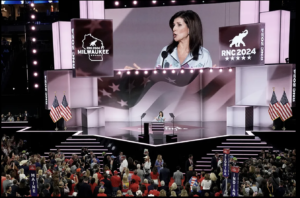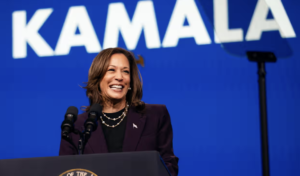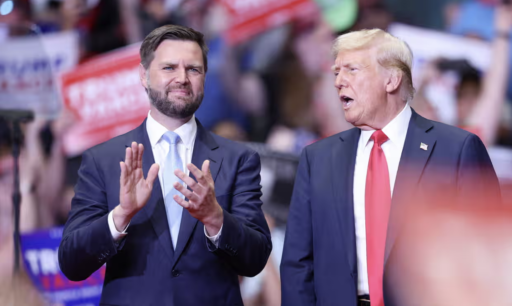MPC Member Advocates Reduction in Fuel Prices

Ashima Goyal, a prominent member of the Monetary Policy Committee (MPC), has underscored the significance of state governments and oil marketing companies taking proactive steps to mitigate the burden of escalating domestic fuel prices. Goyal, an influential voice in India’s economic landscape, has urged states that have not yet reduced taxes on fuel to seriously consider doing so. She also emphasized that oil companies should not be permitted to accumulate excessive profits at the expense of consumers.
Goyal’s perspective is grounded in the principles of a market-determined system where fluctuations in international oil prices should be seamlessly transmitted to the domestic market. She pointed out that this mechanism had been temporarily suspended in the aftermath of the Ukraine conflict, but needs to be reinstated for transparency and fairness.
The stagnant pump prices of petrol and diesel across most parts of India for over a year have raised questions about market responsiveness. Despite this, the average price of India’s crude oil basket dropped in June 2023, albeit briefly, before slightly rebounding in August 2023. This has contributed to substantial profits for oil marketing companies.
Goyal’s interview also touched on the government’s fiscal strategies, particularly related to fuel excise cuts. While she acknowledged the possible benefits of such cuts, Goyal also highlighted the government’s broader financial obligations, including ensuring food security, containing food price spikes, and investing in infrastructure.
Furthermore, Goyal suggested a nuanced approach by considering the redefinition of excise duty as a carbon tax, aligning it to incentivize sustainable practices. This suggestion underscores her focus on balanced policy-making that accommodates both economic stability and environmental considerations.
–Re-reported from the article originally published in Moneycontrol






